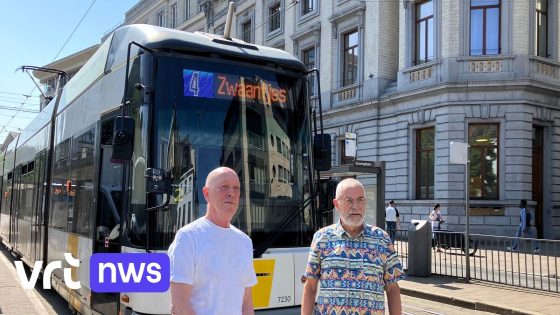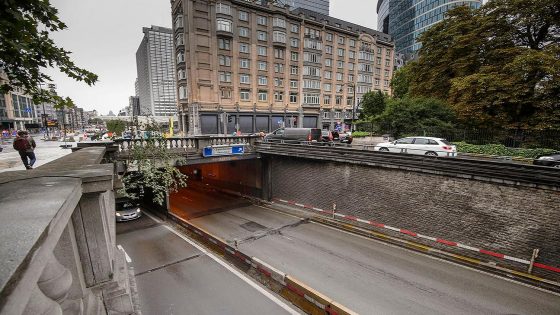Antwerp’s tram traffic is slowing down, according to recent research on tram flow. The study by Tramvinken, conducted by Ringland, reveals that the average speed of Antwerp’s trams has dropped to 16.7 kilometres per hour. This latest data, published on 2025-06-12 18:15:00, highlights a growing concern for commuters and city planners alike.
- Antwerp trams increasingly slow down
- Tramvinken researches tram traffic flow
- Average tram speed drops to 16.7 km/h
- Speed decline noted since 2022 measurement
- Red lights cause major tram delays
- Jan Vos highlights traffic signal issues
Trams are a vital part of Antwerp’s public transport network, so why are they running slower than before? The main culprit appears to be the increasing delays caused by red lights, which disrupt tram schedules and frustrate passengers. How can the city address these bottlenecks to improve tram efficiency?
These findings raise important questions about the future of Antwerp’s tram system and its role in sustainable urban mobility. The Fast Answer below summarises the key impact for local residents.
What does this slowdown mean for Antwerp’s transport future? It suggests a need to rethink traffic management and prioritise trams at intersections. Key points include:
- Red lights are the biggest cause of tram delays, as confirmed by Jan Vos of Tramvinken.
- Slower trams may reduce the appeal of public transport, pushing more people towards cars.
- Improving tram flow could lower pollution and traffic congestion in Antwerp.
To keep Antwerp moving efficiently, city planners and residents must work together to find solutions. Could smarter traffic signals and dedicated tram lanes be the answer to a faster, greener city?

































